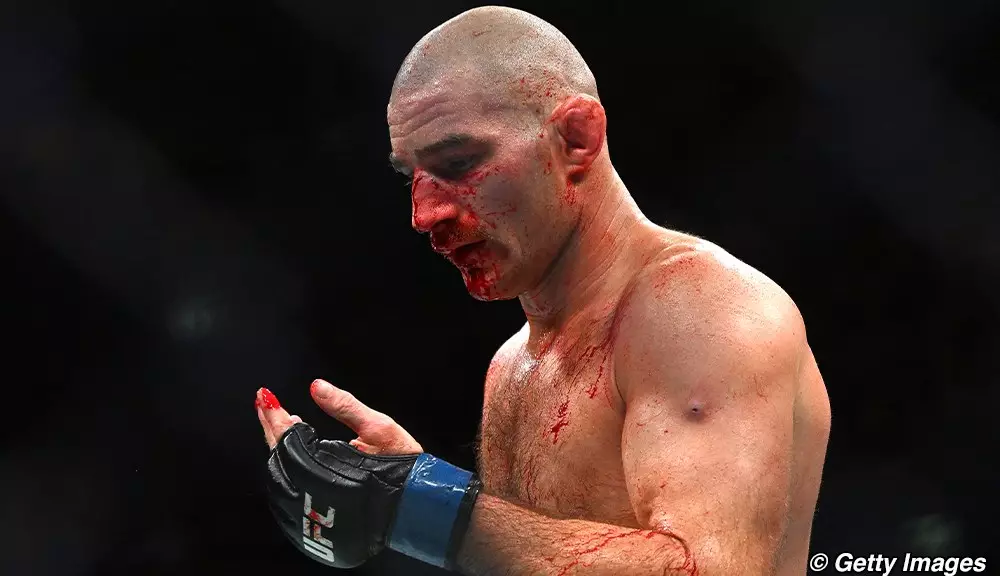After a bruising encounter at UFC 312 in Sydney, Sean Strickland offered an unreserved commendation to Dricus Du Plessis for his decisive victory. Following a unanimous decision that did not cut in Strickland’s favor, he took to social media to express his respect for the opponent who triumphed over him. In a candid video, Strickland highlighted the physical toll that the fight took on him, notably detailing that his nose had suffered multiple fractures—reportedly in “six places.” This type of injury is not just physically painful; it can also serve as a metaphorical reminder of the toll that competitive sports can extract from athletes. Strickland’s focus on his nose injury, paired with the recognition of Du Plessis’s skill, attests to a spirit of sportsmanship that can sometimes be overshadowed in competitive realms driven by ego and ambition.
While initially struggling with the emotional weight of this defeat, Strickland’s reflections reveal a deeper understanding of resilience. He recounted prior grievances, such as feeling “robbed” in a previous fight where the decision leaned in favor of Du Plessis, underscoring the mental anguish athletes experience when outcomes do not match training and effort. However, he opted to channel his disappointment positively, suggesting an appreciation for life’s cyclical nature. “Losing sucks, but we all lose in life,” he stated, indicating that personal failures are part of a broader human experience. This introspection illustrates a pivotal lesson many people can learn from athletes: resilience is often cultivated in adversity.
Strickland elaborated on how moments of hardship can foster growth and understanding. Amidst his suffering, he mentioned his affection for “misery,” suggesting that finding joy in struggle allows for personal evolution. This philosophy resonates with the mental frameworks employed by various high-performing individuals, where discomfort leads to a renewed mindset or insight. In his perspective, every challenge is temporary, with the promise of better days ahead. Embracing struggle and allowing it to shape one’s outlook is a profound insight from an athlete who could easily have succumbed to bitterness.
In reflecting on his recent loss, Strickland exemplifies the true spirit of a champion. His willingness to not only face defeat but also to acknowledge the exemplary performance of his opponent while examining his own tumultuous emotions is indicative of maturity both personally and professionally. In an era where losses can lead to disparagement and negativity, Strickland’s outlook serves as a reminder that every setback presents an opportunity for growth and learning. His journey through pain allows him to advocate for a brighter future—both for himself and for anyone who wrestles with their own struggles. In sports and in life, it’s not just about the victories but also how one processes defeat, ultimately contributing to resilience and character development.

